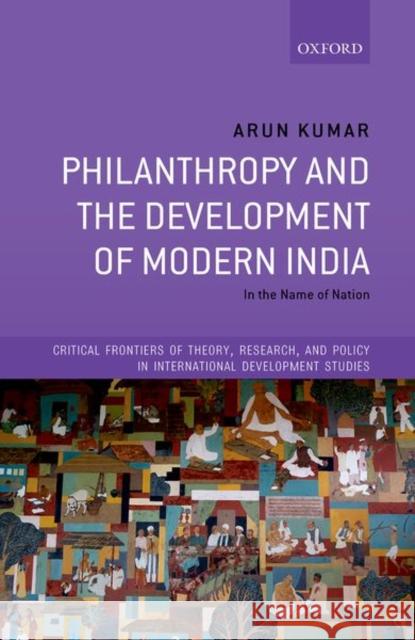Philanthropy and the Development of Modern India: In the Name of Nation » książka
topmenu
Philanthropy and the Development of Modern India: In the Name of Nation
ISBN-13: 9780198868637 / Angielski / Twarda / 2022 / 240 str.
Kategorie:
Kategorie BISAC:
Wydawca:
Oxford University Press, USA
Język:
Angielski
ISBN-13:
9780198868637
Rok wydania:
2022
Ilość stron:
240
Waga:
0.50 kg
Wymiary:
22.35 x 15.49 x 2.03
Oprawa:
Twarda
Wolumenów:
01
Dodatkowe informacje:
Bibliografia











